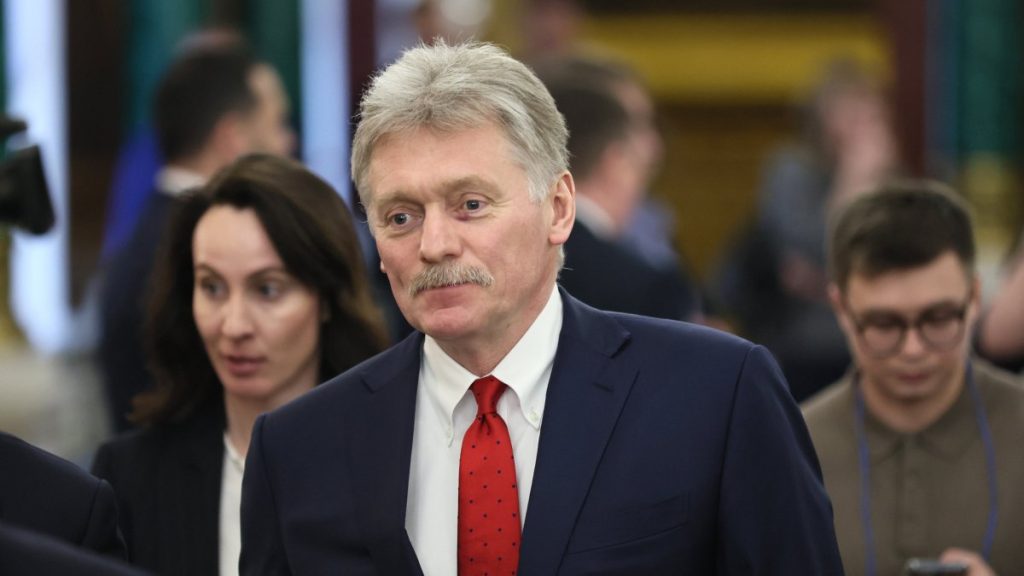Russia and the United States are preparing for a second round of high-level talks in Istanbul, set for April 10, aimed at easing long-standing tensions and addressing key points of friction in their bilateral relationship, Kremlin spokesperson Dmitry Peskov confirmed Tuesday.
Speaking to reporters in Moscow, Peskov said the Russian side will be represented at the negotiations by the Ministry of Foreign Affairs. “From our side, the Ministry of Foreign Affairs will be responsible,” he stated, adding, “I suggest waiting for updates from our colleagues at the Foreign Ministry.”
The upcoming discussions follow expert-level talks held between Russian and American delegations in Istanbul on Feb. 27, during which the sides discussed the normalization of diplomatic missions, ensuring uninterrupted operations, and improving working conditions for diplomats. Russia’s Foreign Ministry later announced that the U.S. had granted agrément for the Russian ambassador-designate to Washington.
Foreign Minister Sergey Lavrov also confirmed preparations for the second round of talks, stating that both countries were working to resolve persistent “irritants” and to move toward normalization of dialogue. “There has already been a meeting in Istanbul, and now preparations are underway for a second round,” Lavrov said.
Despite progress in restoring diplomatic communication channels, Kremlin officials acknowledged that broader security and arms control discussions remain a distant prospect. When asked about the possibility of reviving the New Strategic Arms Reduction Treaty (New START), Peskov said the prerequisite for such discussions is the improvement of overall U.S.-Russia relations and the rebuilding of mutual trust.
“Strategic stability talks are hard to consider at the moment,” Peskov said. “Such discussions require a certain level of bilateral relations and established mutual trust.”
He emphasized that any future arms control negotiations must also account for the nuclear arsenals of other nations. “Our experts have pointed out that the current security architecture cannot be discussed in isolation from the nuclear capabilities of other countries,” Peskov noted. “These issues must be addressed in a comprehensive context.”
Peskov added that both Moscow and Washington are investing considerable diplomatic effort in repairing the damage done to their relationship, particularly during the previous U.S. administration.


